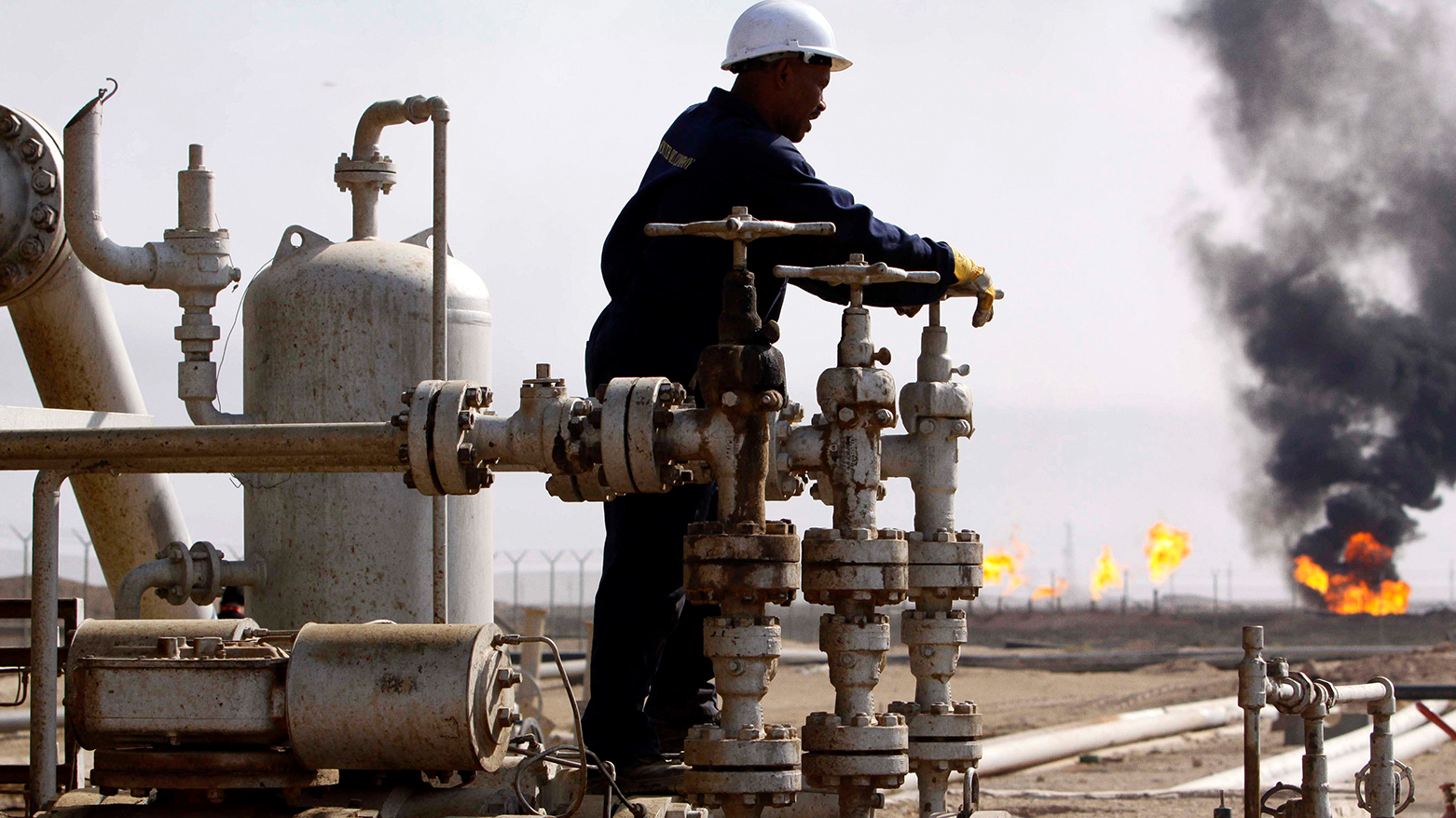
Dana Naqi
Editor
Balancing Growth and Green: EPA’s Emissions Rule Sparks Energy Shift amidst GDP growth to outsource in the midde east and KRG.

As the United States charts a path toward economic growth and environmental sustainability, the Environmental Protection Agency (EPA) has announced a bold new rule aimed at significantly reducing greenhouse gas emissions from coal and natural gas power plants. This rule, requiring most plants to cut emissions by 90% by 2040, marks a pivotal step in the nation’s efforts to combat climate change.
In addition to this regulatory action, projections indicate a steady trajectory of economic growth over the next few years. With an average real GDP growth rate of 2.1%, expectations for 2025, 2026, 2027, and 2028 suggest sustained expansion in the U.S. economy. This economic outlook underscores the importance of balancing environmental regulations with the imperative of fostering economic prosperity.
Central to the EPA’s emissions reduction rule is the utilization of technology such as carbon capture and storage (CCS), enabling companies to capture and store carbon dioxide emissions from power generation. By leveraging CCS technology, power plants can mitigate their environmental impact while continuing to produce electricity, supporting both economic growth and environmental goals.
However, implementing such stringent emissions reductions will have ripple effects across various sectors, including oil production. With stricter regulations on emissions, the demand for traditional fossil fuels may increase, impacting domestic oil production. Consequently, the United States may need to seek alternative sources of energy to meet its growing needs.
One such alternative is outsourcing energy production, with the Middle East emerging as a key region to fulfill this demand. Countries like Iraq and the Kurdistan Region of Iraq (KRG) possess vast reserves of oil and natural gas, making them attractive partners for energy supply. By tapping into these resources, the United States can secure stable energy sources to support its economy and meet the needs of the Eurozone and domestic markets.
The decision to outsource energy production underscores the interconnectedness of global markets and the importance of collaboration in addressing both economic and environmental challenges. As the world transitions to a low-carbon future, partnerships between nations will play a crucial role in ensuring energy security and sustainability.